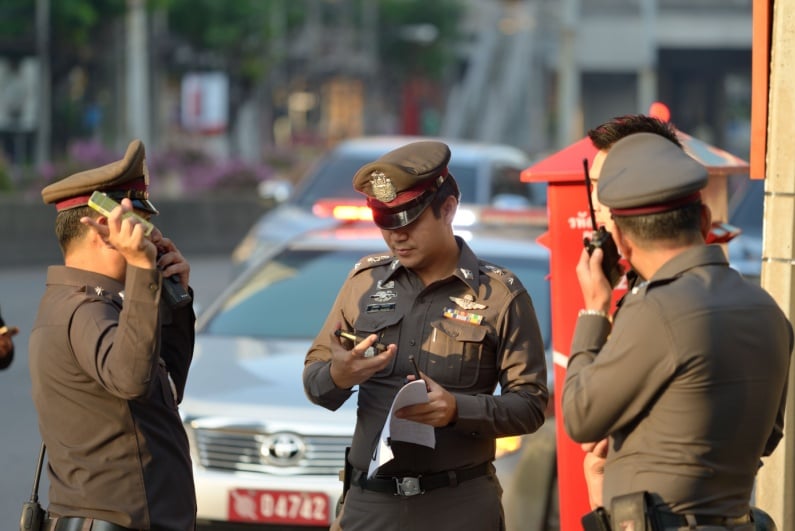Statement released by Chinese embassy
China has committed to working closely with authorities in the Philippines to fight against online gambling and telecommunication fraud.
The Chinese embassy in Manila released a statement confirming this new partnership on Sunday. It will be focusing on the criminal activity that some Philippine Offshore Gaming Operators (POGOs) may be committing.
The embassy spoke about the aim of this partnership being to “effectively protect the legitimate rights and interests of nationals of the two countries, and to promote the China-Philippines friendship and cooperation.”
criminal activity that some Philippine Offshore Gaming Operators (POGOs) may be committing
The Chinese government has long expressed concerns that online gambling sites from other nations in the region are targeting residents in mainland China, where gambling is illegal.
The embassy spoke about the significant increase in the level of crimes relating to online gambling. It also spoke about the rise in crimes related to these activities, such as money laundering, extortion, illegal employment, kidnapping, and even murder.
Crackdown on POGOs continues
A catalyst for this statement being issued by the Chinese embassy was a report from local media relating to Chinese nationals working for POGOs. This report alleged that the Chinese government canceled thousands of passports belonging to Chinese nationals who were working for online gambling operators in the Philippines.
Chinese nationals working abroad
There is also an obligation from the Chinese government for its citizens who are residing in other countries to comply with the regulations and laws in that given country.
There has been a significant problem in the Philippines with Chinese nationals working in the online gambling sector illegally.
In relation to this matter, numerous consular reminders have been issued to Chinese nationals in other countries.
An interesting relationship
While China and the Philippines have generally had a courteous relationship in recent times, they were on rocky ground for a while due to their stances on online gambling.
Last year the Chinese government asked countries with significant online gambling operations, such as Cambodia and the Philippines, to make online gambling sites illegal. Cambodia complied with this request. However, the Philippines refused to do so due to POGOs being a major source of revenue and employment in the country.
The Philippines did agree to focus more on preventing POGOs from targeting residents of mainland China. The authorities have also cracked down on operators who have been avoiding their tax obligations. Many POGOs were seen to be using illegal Chinese nationals for employment purposes, with these people avoiding taxes.



